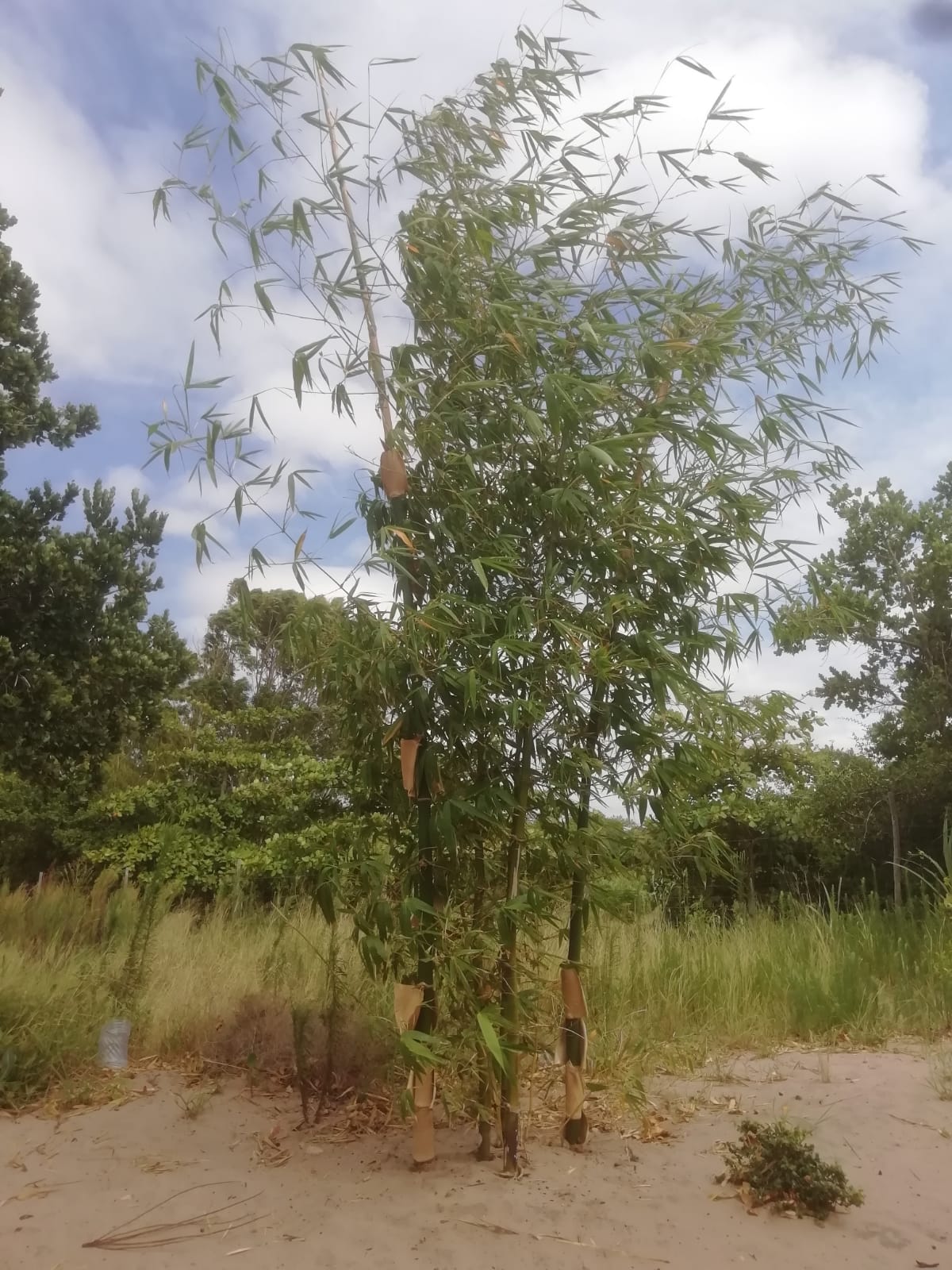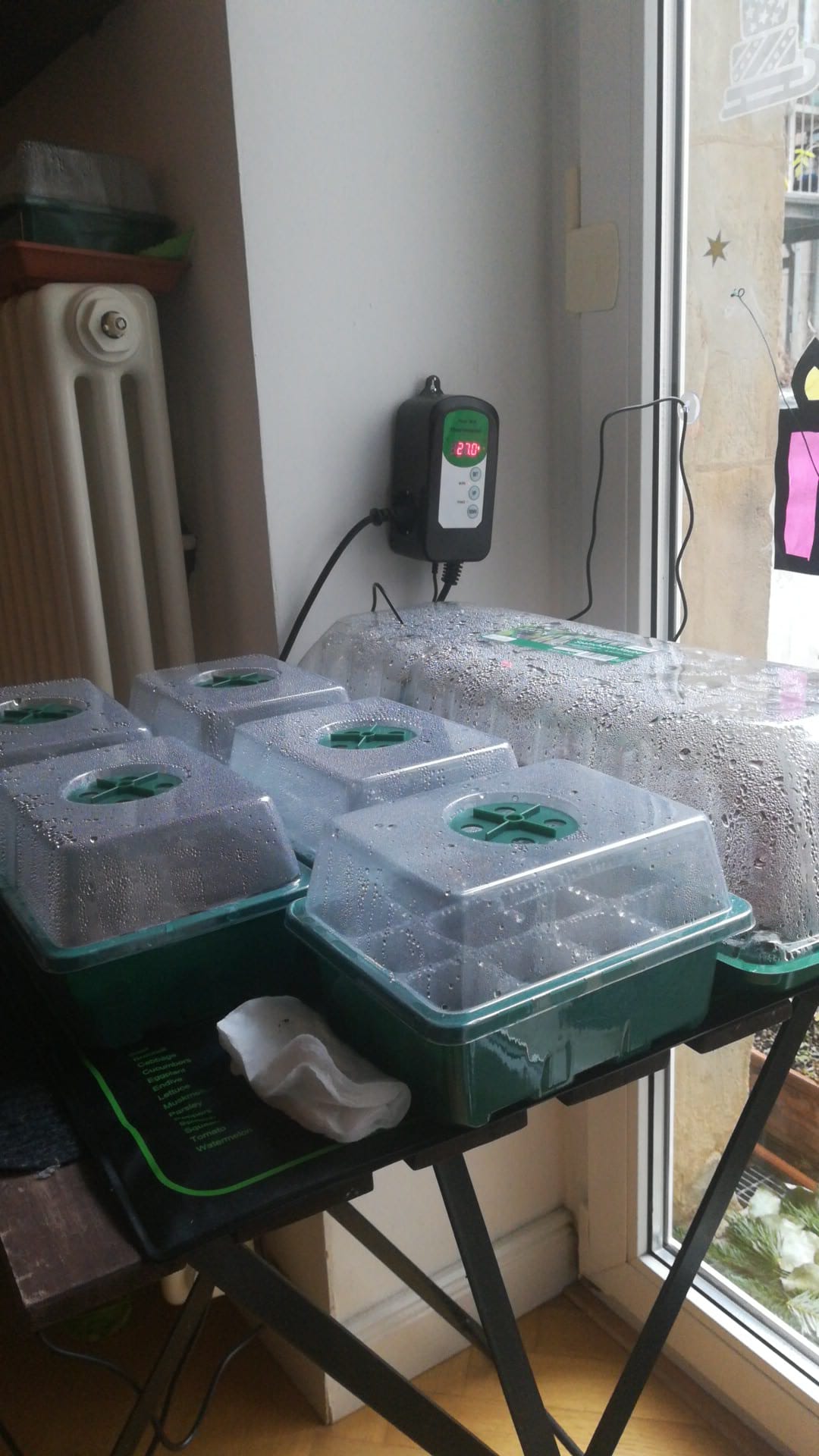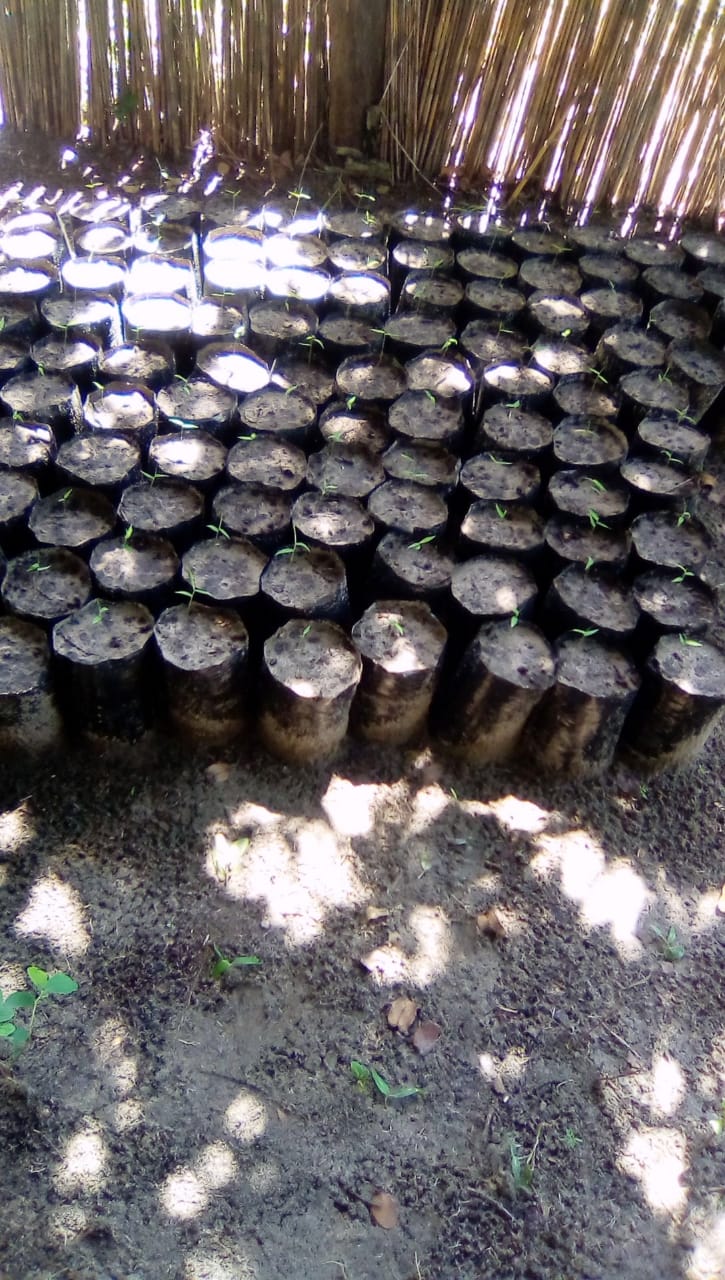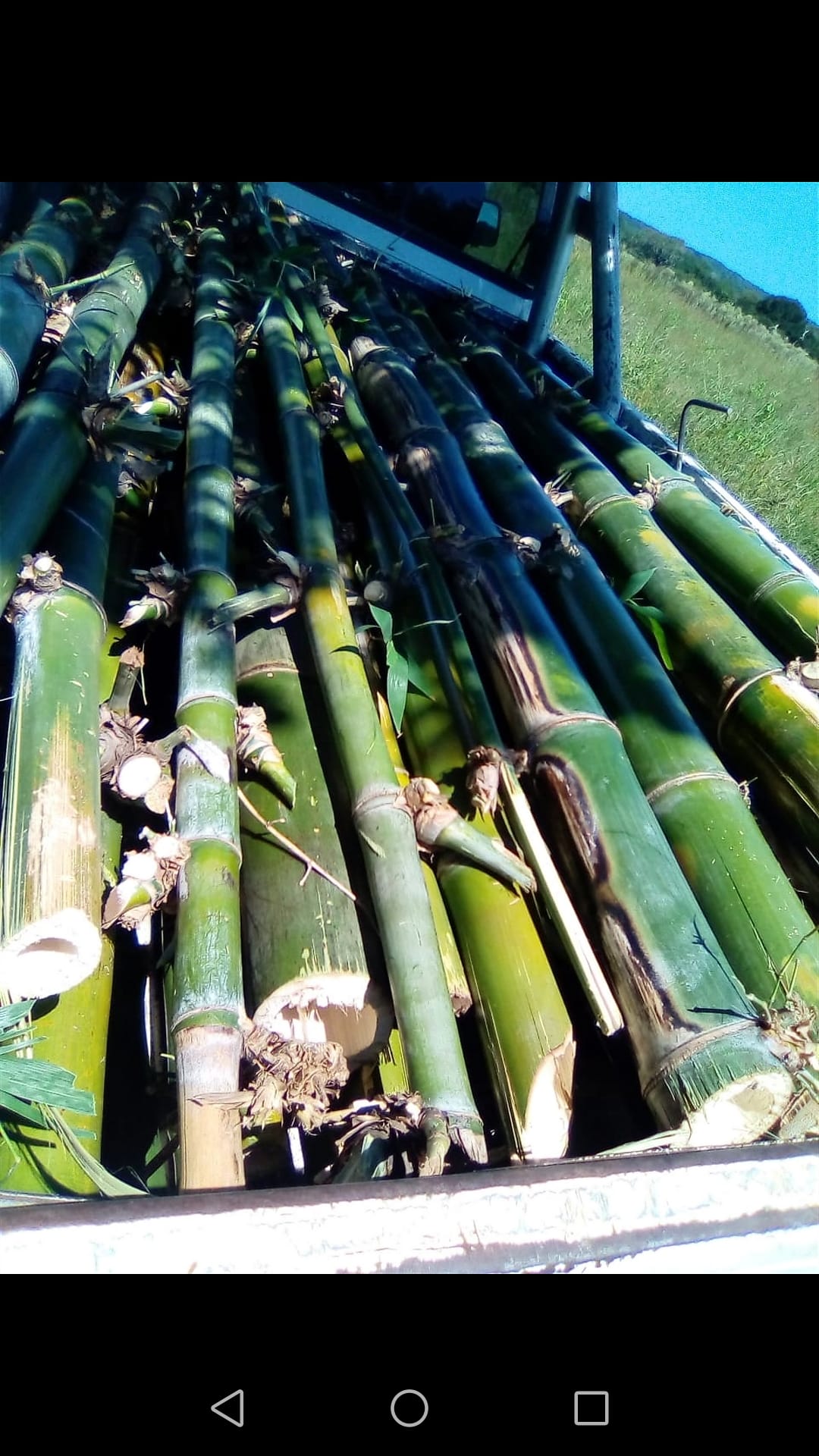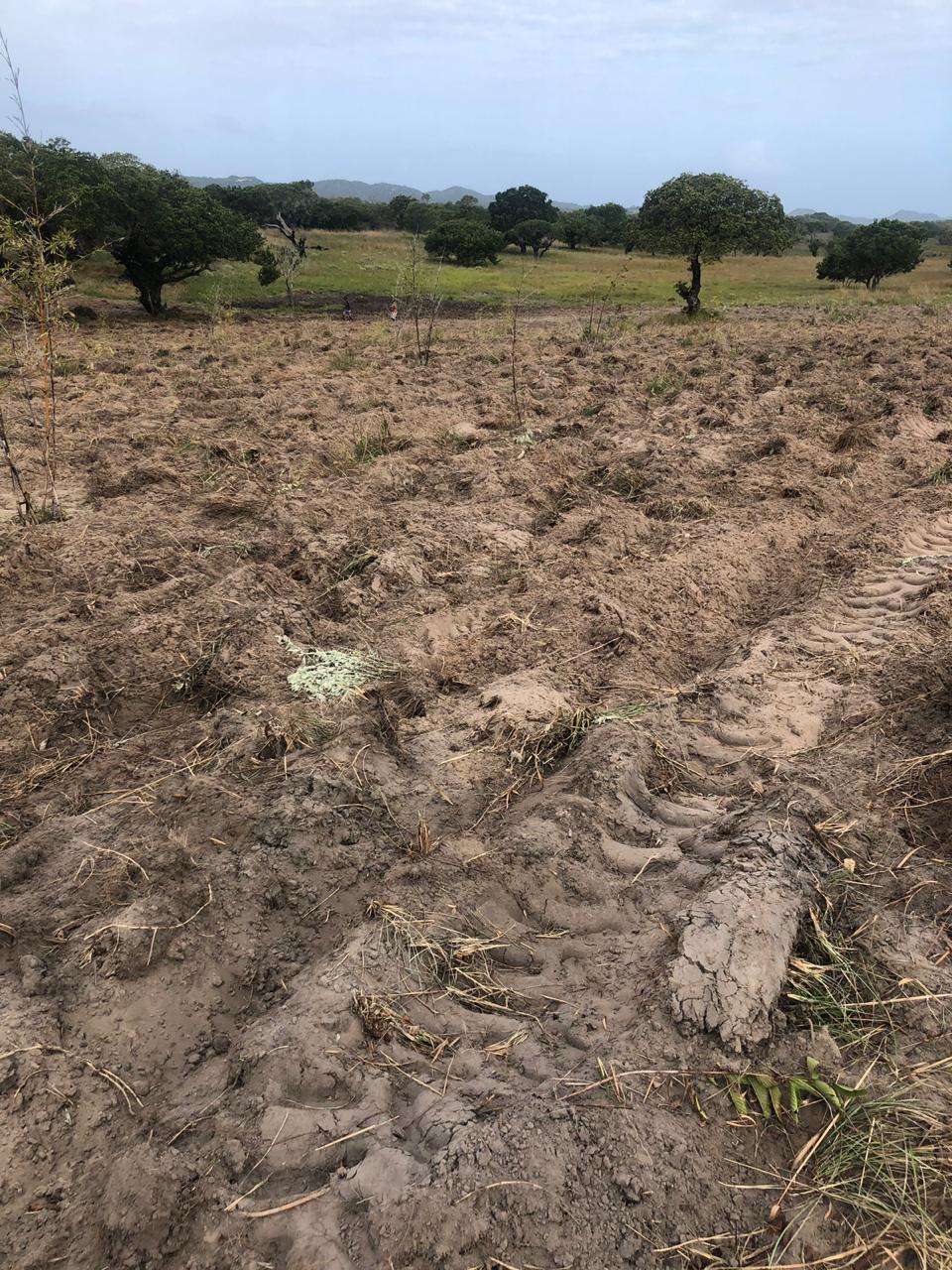Project Summary
This project involves the construction of a research centre on a established 3-hectare bamboo forest, in Ponta do Ouro, Mozambican southern village, in parallel with the expansion of 30 hectares bamboo cultivation. By planting and using bamboo in a sustainable way, we can create jobs, provide decent and affordable housing, feed and save thousands of lives while protecting the environment and reduce the risks from devastating floods.
Project Manager
Country
Mosambik
Status:
Ongoing since 2023
Budget:
26.500 € – first phase
Partners
Betterplace
Project goals
Construction of a 150 sqm Education and Research Centre for bamboo cultivation and ecosystem services.
Provide jobs for 125 households in bamboo cultivation, construction and charcoal production.
Establishment of 30 hectares of bamboo plantation with at least 6 different bamboo species.
Paulino Botao is an enthusiastic bamboo entrepreneur with 10 years of experience in bamboo cultivation. Paulino studied abroad in India tourism management, and in Lisbon, Portugal environmental studies. Knowing the reality of the place where he was born, he contributes with his knowledge by helping the local community to grow economically while protecting the environment through the cultivation and use of bamboo. Paulino has started his first 3 hectares of bamboo cultivation in 2012, creating jobs for the local community and commencing his research on the bamboo ecosystem services.
Due to its geographical location, Mozambique is prone to the effects of climate change such as tropical cyclones, floods, and droughts. In fact, in 2019, a cyclone named Idai made landfall in the central province of Sofala, affecting 1.85 million people. This year, it was the turn of cyclone Freddy to hit the country twice. Freddy was considered the longest cyclone in history, affecting more than 887,000 people.
Construction of an Educational and research center on bamboo’s ecosystem service is seen as potential solution – Bamboo belongs to the grass family and is among the world’s fastest-growing plants with over thousand applications. Bamboo has a crucial role to play in addressing both environmental and social problems, including, restoration of degraded land, and the creation of livelihoods for the affected population. Due to its exceptional mechanical characteristics, bamboo architecture can respond to severe climate disasters as it can be quickly fashioned into immersive infrastructure such as shelters and bridges, and new structures can be rebuilt within a short construction period. Preventively, bamboo architecture can fight flooding through typological expression as stacked buildings; moreover, its physical properties, can function as windbreaks, erosion and flood control, and sequestration of large quantities of Co2.
In this regard, 101BambuSolution, a Germany-Mozambican social enterprise in cooperation with Weltweit and ASSAMBA (Bamboo Friends’ Association) sees the establishment of a Bamboo educational and research center and bamboo cultivation as a strategic solution to mitigate both environmental and social problems caused by the impacts of climate change. The construction of this innovative building serves two distinct purposes: firstly, to provide training to local builders, architects, and civil engineers on advanced bamboo construction techniques, and secondly, as facilities for education and research on bamboo ecosystem services. The building itself it will be a show case that bamboo can be a great alternative for construction.
PROJECT OVERVIEW: The project has a duration of 5 years period, starting from 2024. It will involve the construction of the research center on a established 3-hectare bamboo forest, in Ponta do Ouro, Mozambican southern village, in parallel with the expansion of 30 hectares bamboo cultivation. The construction will be led by a well-known Colombian architect with extensive experience on bamboo architecture, Jaime was once involved in the construction of a bamboo community center in Mozambique. Initially, 10 local builders, five architects, and three civil engineers will acquire new bamboo construction techniques. Additionally, 15 local labors will be requested to help in the construction. Regarding the bamboo cultivation, 15 local agricultures will be involved.



